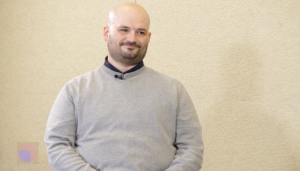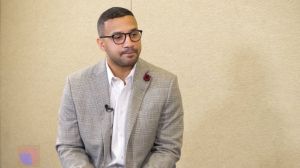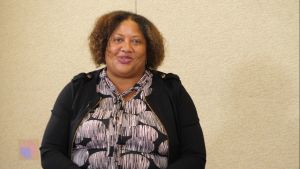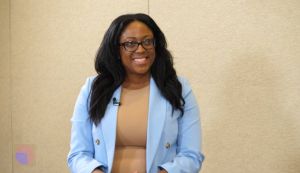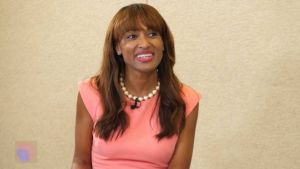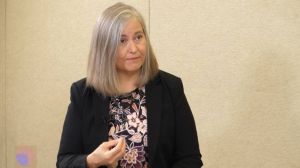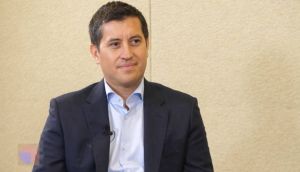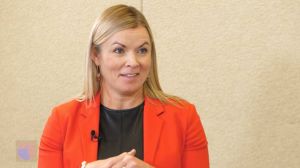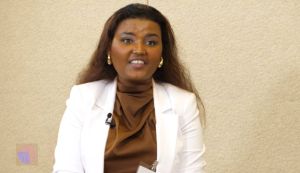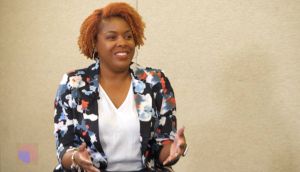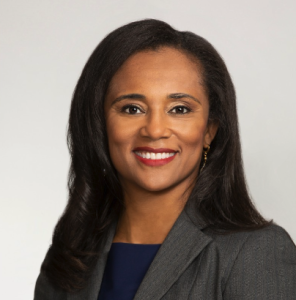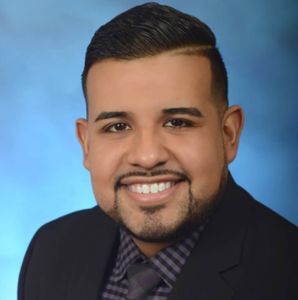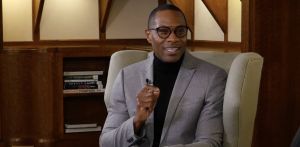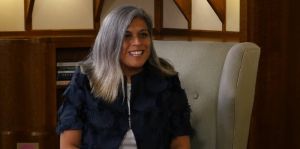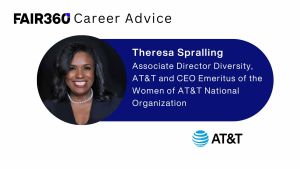Tony Jordan is a senior partner in the Boston office of EY where he specializes in forensic accounting investigations, issues surrounding Generally Accepted Accounting Principles (GAAP) and general business-related disputes. He has extensive litigation consulting, forensic accounting and auditing experience; is a certified public accountant; and has been providing financial consulting advice to clients for over 20 years.
Jordan is also actively involved in serving on boards of not-for-profit entities and is currently a board member of and the treasurer for Massachusetts Adoption Resource Exchange, and a board member of Discovering Justice. His prior board experience includes serving on the executive committee of the board of directors and holding the position of finance committee chair of the Boston Public Library Foundation, and serving on the finance committee of the Boston Public Library.
DI: At what age did you know you wanted to become an accountant Did you have role models that guided you to this field Did you have any insights into the racial diversity of the industry
Jordan: I first realized I was good at accounting in junior high school, making sense of the debits and credits came very naturally to me. I wasn’t entirely sold on accounting for a career, but general business was something of interest.
An uncle who started his career in accounting suggested that a few years in the industry would provide a good foundation for whatever else I chose to pursue. It was good advice.
I didn’t really understand racial diversity in the accounting industry until I was an accounting major in college. It was then that I saw my peers and people from the accounting firms I met on campus did not look like me. Additionally, some other racially diverse students would incorrectly comment that accounting firms didn’t hire diverse candidates.
That’s when I made a commitment to myself that I would “be the example.” I would show other racially diverse students that we can all be successful in public accounting. That same commitment of setting an example for other underrepresented minorities has continued to motivate me throughout my career. I hope that my achievements will demonstrate to everyone watching anyone from underrepresented communities that they have many career opportunities available.
DI: How did mentors and sponsors help you in your career And were you a good mentee And could you have advanced without a sponsor
Jordan: Mentors and sponsors are truly critical to everyone’s success. I have been fortunate to have several throughout my career. Interestingly, many of them were not racially diverse. These people have had a tremendous impact on helping me grow both personally and professionally. From the mentor who took me under his wing when I was an intern and first-year staff person in audit to the mentors and sponsors I now have as a partner in the firm, there have been a number of people who gave me the feedback, guidance and development opportunities to grow into the professional I am today.
It’s impossible to calculate the impact my sponsors have had through supportive conversations with me, positive conversations about me to other leaders and creating opportunities by pushing for my involvement in projects when I wasn’t there. It’s not something you’ll always know about in detail, but you’ll get a sense along the way of how these people are advocating for you.
I work to pay it forward with my mentoring activities. Strong mentors and leaders who take a serious interest in the development and careers help further their growth, retention and success. I am always available to brainstorm with people who need to bounce ideas off someone, and I also volunteer for leadership roles with our affinity groups. My teams know that I see my role as helping them grow as professionals. It’s what was done for me and I strive to provide them with the same opportunities.
DI: What advice would you give on how to become a high potential
Jordan: I believe that in order to achieve your highest potential there are a few steps to consider:
- Build your brand you get one chance at first impressions. Make sure you make the most of them and quickly display the qualities for which you want to be known.
- Seek out mentors whom you see as succeeding there are people who have been down the path already and can provide you tremendous insight and guidance based on their experiences. Seek them out, understand what’s worked for them and then make it work for you based on your own personality and goals.
- Constantly challenge yourself and seek improvement don’t be satisfied with the status quo. There’s always room for improvement. Having a healthy perspective into where you can improve and setting goals around that development is critical.
- Have a long-term view too often people look at the expectations provided to them by their company/firm and focus on “checking the box” for their level or position. Having a longer-term view will help you achieve sustained success. Thinking about questions like, “What goals do I need to have in place now to get to where I want to be in three to five years” helps people construct the right path.
DI: You’re very active in serving on not-for-profit boards. What benefits do you get out of serving What recommendation would you give to millennials on being active in the communities they serve
Jordan: I support my community though activities like coaching my kids’ sports teams to getting involved with organizations that inspire me and connect to my purpose like the Massachusetts Adoption Resource Exchange, Discovering Justice or the Boston Public Library.
I also serve on the board of a nonprofit, which is rewarding both personally and professionally. It introduces me to other business professionals in the community who share my desire to support those causes and has expanded my network greatly.
My advice to millennials is to get involved in organizations early. Recognizing the challenge of paying off student loans, young professionals need to remember that donating time can also make a tremendous difference. EY and many other companies support these efforts and strive to have their people engaged in what they are passionate about outside of work they even have their own programs and volunteer opportunities available. Personally, I took advantage of these opportunities early, which eventually led to my board opportunities, and I encourage other professionals to do the same.


